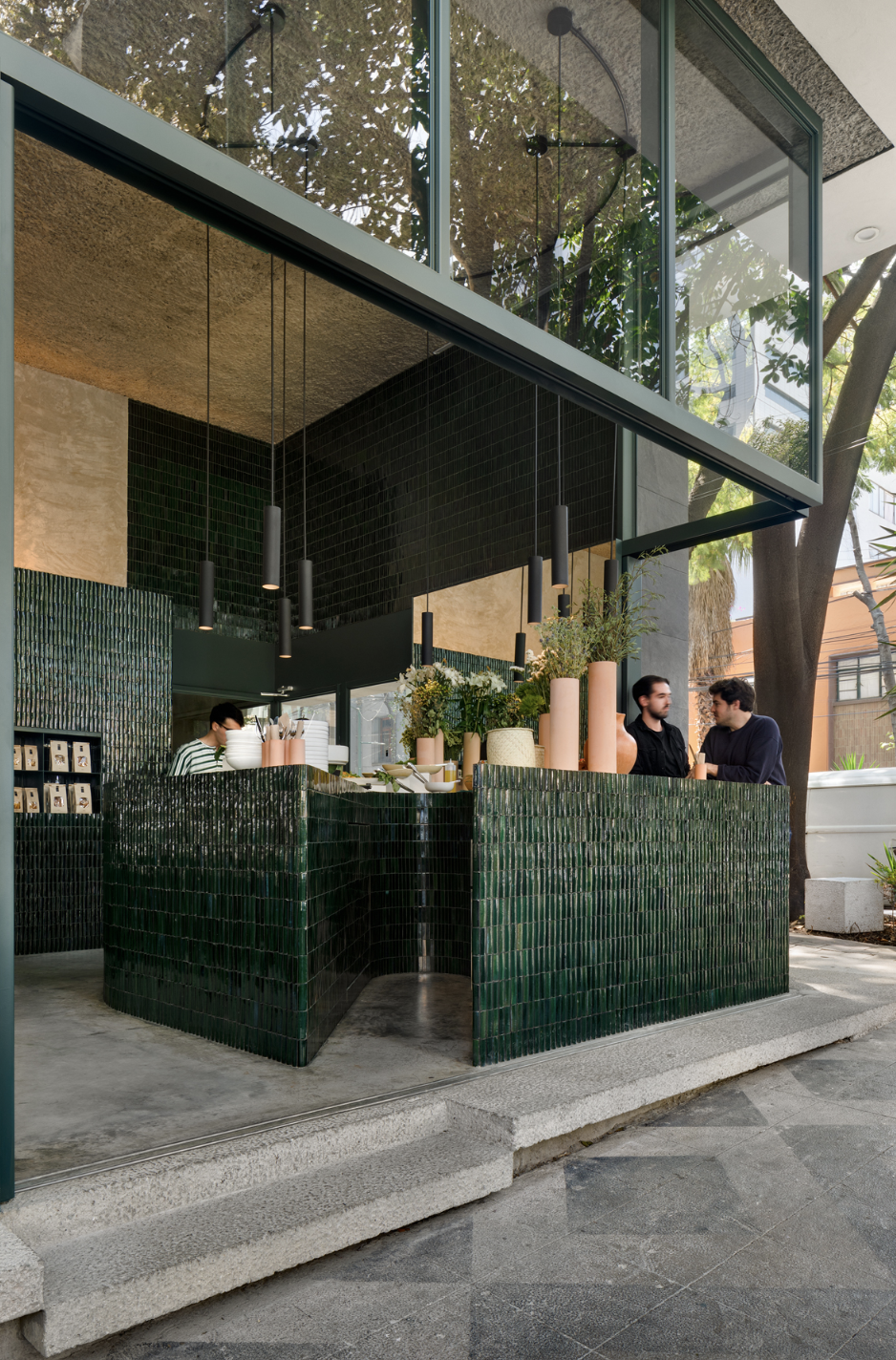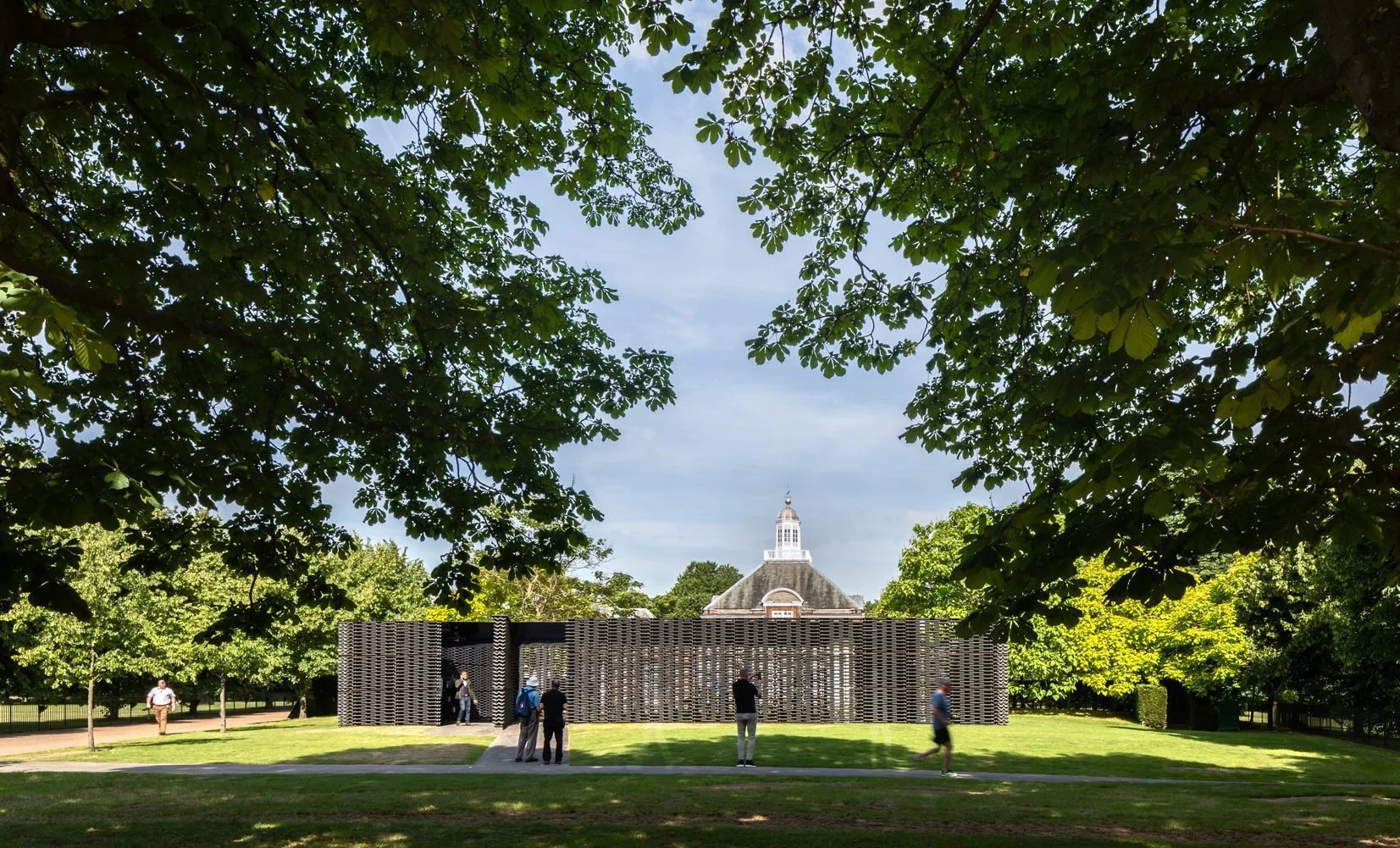Frida Escobedo: humanist futurism
“Frida Escobedo is an outstanding architect of our time. In her practice she has shown dexterity and sensitivity in her elegant use of material while bringing sincere attention to today’s socioeconomic and ecological issues,” said the Met in 2022 it announced that the Mexican architect was selected to redesign the museum’s Oscar L. Tang and H.M. Agnes Hsu-Tang Wing comprising over 80,000 square feet of galleries and public spaces. It is the Met’s most ambitious build in over 50 years. In accepting this commision Escobedo becomes the first woman and Latina to lead a major museum build initiative.
The announcement caps the latest milestone for Escobedo, one of architecture’s leading voices and a proponent of a new design that reimagines the reinvigoration as public spaces and their place in civic and social discourse. Her work is humanist in its focus on connectivity and community-building, needed inputs when technological fuzzy technological frameworks, social dissonance and continued disparity are charging physical and digital realms. Her projects cover a wide range of spaces from public spaces to on-site gallery exhibitions and from housing complexes to retail, further highlighting her focus on connective issues around individual and community-driven use of spaces.
Frida’s human vision draws from her Mexican roots and its design focus on accessibility, nature and a powerfully unique blend of tradition and modernity for new challenges. Based in Mexico City, she is firmly familiar with the urban planning challenges of the new megapolises. Her designs, with their use of light and shadow, reflection and refraction, and locally sourced, sustainable materials create spaces that are contemplative and empowering to live out the modern condition.
Niddo Café in Mexico City showcases Escobedo’s focus on bibliophilic design and perennial pursuit of communal spaces that build up meaning exchanges. (c) photo, Frida Escobedo
Born in Mexico City in 1979, Frida Escobedo graduated from the Universidad Iberoamericana in 2003 and later earned a master's degree in art, design, and the public domain from the Harvard Graduate School of Design.
Frida Escobedo has already left an indelible mark on the world of architecture with several noteworthy accomplishments:
Serpentine Pavilion
Frida’s design for the Serpentine Pavilion tapped into jalousies and sustainable materials to create reflection and refraction of light while creating cooling drafts with a focus on human protection and wellbeing, familiar themes in her work. (c) Photo Ser
Serpentine Pavilion: In 2018, Escobedo had the honor of designing the prestigious Serpentine Pavilion in London's Kensington Gardens. Her creation, an enclosed courtyard featuring reflective surfaces and a latticed canopy, combined modern minimalism with Mexican courtyards, creating an intriguing juxtaposition of light and shadow.
La Tallera Siqueiros: Escobedo's renovation of La Tallera Siqueiros, a cultural center in Cuernavaca, Mexico, is another shining example of her ability to merge history with modernity. The project preserved the original space, once the studio of renowned Mexican muralist David Alfaro Siqueiros, while adding contemporary elements to transform it into a vibrant cultural hub.
Residential Projects: Beyond her public works, Frida Escobedo has designed striking private residences that showcase her unique vision. These homes often feature courtyards and open spaces, integrating nature into the living environment while paying homage to Mexican architectural traditions.
As she continues to push the envelope in her field, Frida Escobedo remains a beacon of creativity and socially-minded innovation, reinforcing the enduring importance of Latin American design on the global stage.


